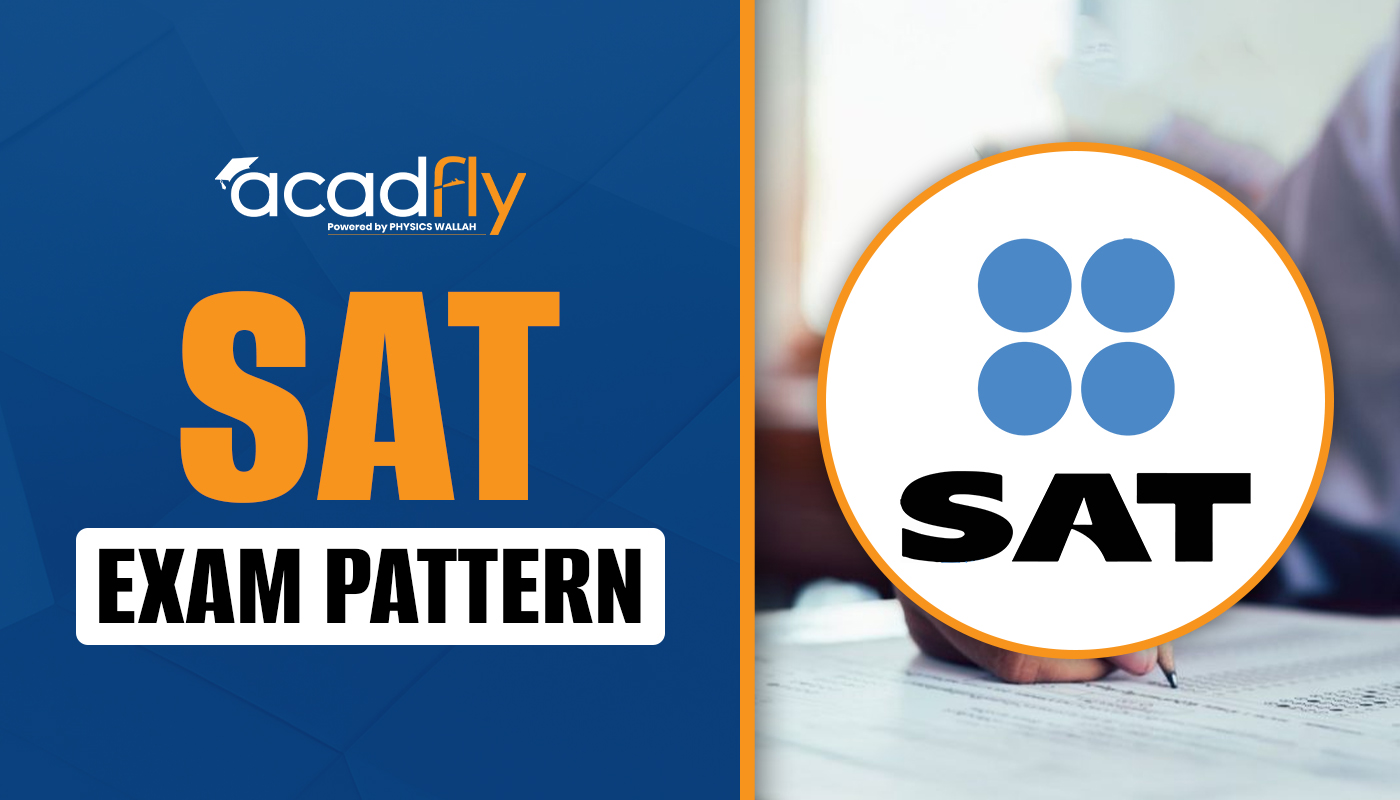Harvard MBA vs Wharton MBA: When evaluating options for graduate management education, the comparison between two prestigious programs often surfaces: Harvard MBA vs Wharton MBA. Both Harvard Business School (HBS) and the Wharton School at the University of Pennsylvania are globally recognized institutions offering rigorous MBA programs that prepare individuals for leadership in business, government, and nonprofit sectors.
However, while both programs hold high regard in the global academic and professional landscape, they differ significantly in curriculum structure, pedagogical approach, alumni engagement, industry focus, and campus environment. Here we have offered a complete comparison of the Harvard MBA vs Wharton MBA, helping prospective applicants make informed decisions based on their personal, academic, and professional goals.
Harvard MBA vs Wharton MBA Overview
The Harvard MBA vs Wharton MBA comparison is a frequent consideration for individuals pursuing a graduate business education. Both programs are offered by Ivy League institutions and are recognized globally for their rigorous academics, influential alumni networks, and strong career outcomes. However, they differ significantly in teaching methods, curriculum structure, and focus areas. This overview explores the key distinctions between the two programs to help prospective students make a well-informed decision aligned with their professional and personal goals.
|
Harvard MBA vs Wharton MBA Overview |
||
|
Feature |
Harvard MBA |
Wharton MBA |
|
Duration |
2 Years |
2 Years |
|
Location |
Boston, Massachusetts |
Philadelphia, Pennsylvania |
|
Total Enrollment |
~930 students per year |
~850 students per year |
|
Class Format |
Case method-based |
Lecture and case mix with analytical focus |
|
Core Curriculum |
General management |
Flexible core with major specializations |
|
Internship (Summer) |
Yes |
Yes |
Harvard MBA vs Wharton MBA Teaching Methodology
When comparing the Harvard MBA vs Wharton MBA, teaching methodology stands out as a key differentiator. Harvard Business School is renowned for its case study method, which forms the foundation of its pedagogical approach. This method places students in the role of decision-makers, presenting them with real-world business challenges. Students are expected to analyze complex scenarios, debate solutions with peers, and articulate their viewpoints in a highly interactive classroom setting. The objective is to develop critical thinking, communication, and leadership skills through experiential learning.
In contrast, the Wharton MBA program employs a blended teaching methodology that integrates lectures, case studies, and data-driven analysis. This balanced approach allows for both theoretical grounding and practical application. Wharton emphasizes analytical rigor, often incorporating quantitative tools and frameworks in its curriculum. The teaching style encourages precision and strategic thinking, catering to students with diverse learning preferences and professional interests.
While Harvard's case method fosters deep engagement and leadership development, Wharton’s diversified instructional model supports a more technical and customizable learning experience. In the context of the Harvard MBA vs Wharton MBA, applicants should consider which methodology aligns better with their learning style and career aspirations.
Harvard MBA vs Wharton MBA Specializations
While both schools offer a general management degree, their academic emphases diverge in noticeable ways. Harvard Business School is often associated with leadership development and strategy, offering electives that span entrepreneurship, global business, and ethical leadership. Wharton is recognized for its finance and analytics disciplines, though it also provides substantial coursework in marketing, management, and entrepreneurship.
|
Harvard MBA vs Wharton MBA Specializations |
||
|
Specialization |
Harvard MBA |
Wharton MBA |
|
Finance |
Moderate emphasis |
Strong reputation in finance |
|
Entrepreneurship |
Active support through i-lab |
Wharton Entrepreneurship Center |
|
Marketing |
Strong strategic orientation |
Quantitative and consumer analytics |
|
Technology Management |
Supported through HBS electives |
Integrated into Wharton curriculum |
Harvard MBA vs Wharton MBA Admission Process
The Harvard MBA vs Wharton MBA admission processes share several similarities, including high selectivity and holistic evaluations. However, each school incorporates distinct elements in its evaluation criteria and formats. Below is a step-by-step comparison of the admission processes for both programs:
|
Harvard MBA vs Wharton MBA Admission Process |
||
|
Step |
Harvard MBA |
Wharton MBA |
|
Online Application |
Submit via HBS application portal. Includes personal details, education, resume, and test scores. |
Submit via Wharton application portal. Includes academic history, resume, and test scores. |
|
Standardized Tests |
GMAT or GRE required. No preference stated. |
GMAT or GRE required. No preference stated. |
|
Essays |
One open-ended essay: “What more would you like us to know?” |
Two required essays and one optional essay; prompts vary annually. |
|
Recommendation Letters |
Two recommendations, typically from professional contacts. |
Two professional recommendations, preferably from supervisors or mentors. |
|
Interview Invitation |
Interviews by invitation only. Conducted by alumni or admissions committee. |
Interviews by invitation. Includes a Team-Based Discussion (TBD) and a one-on-one interview. |
|
6. Team-Based Discussion (Wharton Only) |
Not applicable. |
Collaborative exercise assessing interpersonal and problem-solving skills. |
|
Final Decision |
Admissions decisions released in three rounds annually. |
Decisions also released in three rounds with clear deadlines and timelines. |
Harvard MBA vs Wharton MBA Alumni Network
A crucial element in the Harvard MBA vs Wharton MBA evaluation is the strength and reach of their alumni networks.
Harvard Business School boasts an alumni community exceeding 85,000 individuals across more than 170 countries. The network is actively engaged, with regional clubs and regular events facilitating lifelong connections.
Wharton’s alumni network, while similarly extensive, is known for its collaborative engagement, particularly in financial services and entrepreneurship sectors. With over 100,000 alumni, the network spans academia, corporate leadership, and public service.
Both networks offer mentorship, recruiting support, and business development opportunities. Choosing between the two often depends on an individual's career aspirations and desired geographic footprint.
Harvard MBA vs Wharton MBA Career Opportunities
When evaluating Harvard MBA vs Wharton MBA career opportunities, both programs offer access to a wide range of industries, roles, and global employers. Each school provides distinct strengths in specific sectors, supported by robust recruiting networks, career services, and alumni connections that significantly influence graduates' professional trajectories.
|
Harvard MBA vs Wharton MBA Career Opportunities |
||
|
Metric |
Harvard MBA |
Wharton MBA |
|
Average Starting Salary |
$175,000 |
$175,000 |
|
Signing Bonus (Median) |
$30,000 |
$30,000 |
|
Consulting Placement |
24% |
26% |
|
Finance Placement |
32% |
36% |
|
Technology Placement |
18% |
17% |
|
International Offers |
13% |
11% |
Harvard MBA vs Wharton MBA FAQs
Which program is more focused on finance, Harvard MBA or Wharton MBA?
What is the main difference in teaching style between Harvard MBA and Wharton MBA?
Do both programs offer the same post-MBA salary outcomes?
Which program offers more curriculum flexibility early on?
Is international exposure part of both MBA programs?









